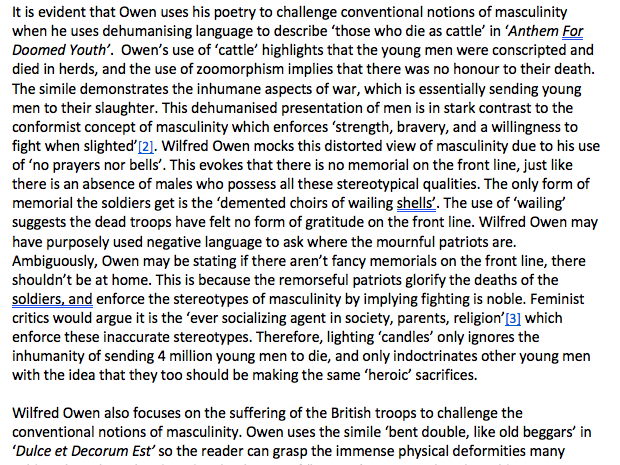
How to Write a Poetry Coursework for English A Level
Students are often asking, “How can I write a poetry coursework for English A level?” It’s an interesting question, because students struggle with this assignment, but there are some things you can do to make it easier. Read on for some tips on structure, tone, and rhyming scheme. Then, you can make sure that your essay is up to scratch. Here are some of the important requirements for non-exam assessment (NEA) poetry.
Structure of a poem
The structure of a poem is a key element of any piece of poetry. It can include abrupt changes, progression from one idea to another, symmetries, dialogue, and grammatical features. Similarly, a poem can use the first, second, or third person. The tense or person used can affect the meaning of the lines. Finally, the type of language used in a poem can be considered as well.
The structure of a poem is defined by its overall form. This includes its line length, rhyme scheme, and pattern of repetition. Each poem has its own poetic form. Poetic forms are defined poetic structures that are used across multiple pieces. Examples include haiku and limerick. Some forms are purely aesthetic and may contain a symbol or a story. Another type is the prose form.
Rhyming scheme
One of the most important elements in writing poetry is the rhyme scheme. You can apply a rhyme scheme to the whole poem, or just to a stanza. The meter, length of the phrase, and rhythm are all important aspects of a poem. If you use rhyme schemes well, your poetry will have a better sense of balance, be easier to read, and express an idea more effectively.
The first step is to understand the rhyme scheme. A rhyme scheme is a pattern of rhyming lines. Sometimes, these rhymes aren’t obvious at first glance. A sonnet, for example, will start with eight lines that set up a situation, and then end with six lines that resolve the conflict. Despite the structure of a sonnet, the rhyme scheme is an essential element of the poem.
Tone
To understand the tone of poetry, students need to be familiar with the vocabulary used in this subject. Tone can be defined as the emotional state of a text. Common tones communicate the same information, but they differ in how they are expressed. The tone of a text can be conveyed by using different word choice, details, and stance. To find out more about the tone of poetry, read some poems.
In poetry, tone is the internal attitude of the speaker, while atmosphere refers to the environment surrounding that person. Both tone and atmosphere affect the mood of a piece, but in different ways. For example, an oppressive atmosphere does not create a sympathetic mood. On the other hand, an atmosphere that is upbeat and optimistic can be perceived as positive. Students who study poetry must be able to identify the differences between these two types of tones.
Non-exam assessment (NEA) requirements
Poetry is a subject which is taught in English at A-level. The syllabus requires that students learn both poetry and prose texts, and the A-level course will include a NEA element. The NEA component of poetry coursework is made up of two pieces of work, one of which is a poetry text and the other a prose text. The first piece of work is used for NEA, while the second is chosen individually.
The NEA element is one of the key features of the course, which requires students to analyse and respond to a text in depth. The assessment objective of poetry coursework for A level is to encourage students to think analytically and critically about the text. As a result, students should read the specification carefully and prepare their response appropriately. The NEA element also focuses on the analysis and re-creation of poetry texts, as opposed to a conventional essay that merely engages in debate.
Prerequisites
There are certain prerequisites for writing a poetry coursework for English A level. In addition to having an interest in literature, you should also have a good understanding of a range of literary genres. Generally, literature studies at this level cover works by Charles Dickens, Charlotte Bronte, Elizabeth Gaskell, John Keats, and George Bernard Shaw. You should also have taken Composition I if you intend to write a poetry coursework for English A level.
For example, if you plan on writing a poem for English A level, you will need to take a literary theory course. These courses are not just about writing poetry, they are also about the history of writing poetry and literature. You will also study how literary theories have influenced literary works throughout the years. Depending on the content of your course, you may be required to repeat this course as part of your A level requirements.